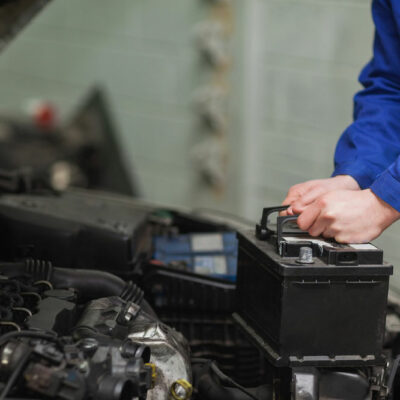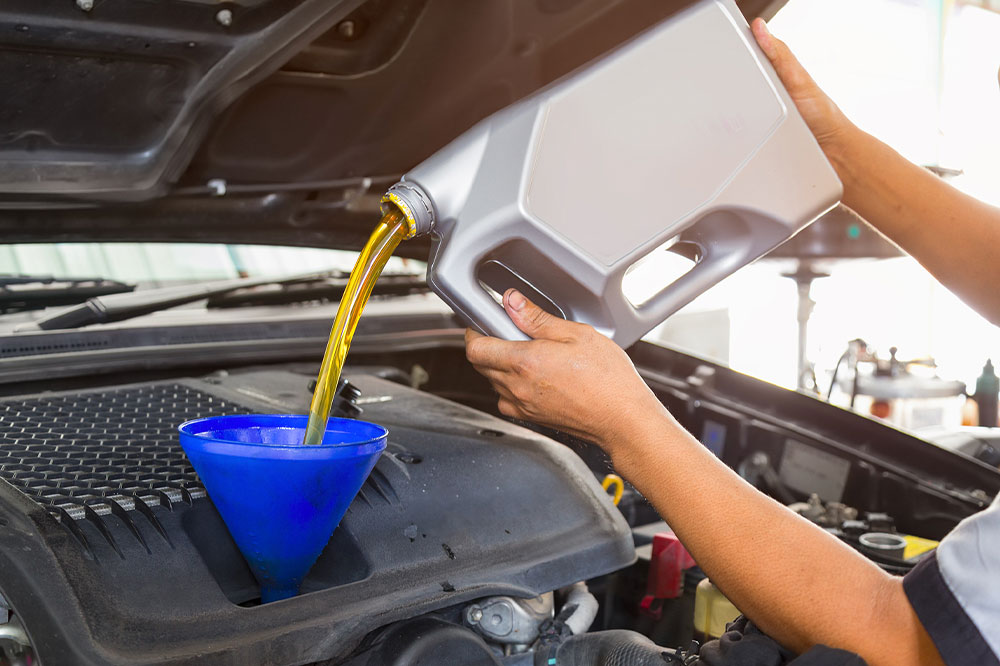8 common mistakes to avoid when purchasing an SUV

When it comes to buying a car, SUVs are indeed alluring choices. They are comfortable as they have ample space for both the driver and the passengers. They are also versatile and compatible with various lifestyles. However, amid the excitement of buying an SUV, there are common mistakes that prospective buyers often make, which can cost them a fortune. So, for those looking to buy an SUV, here are some critical mistakes to avoid.
Neglecting research
A car is a significant investment. It will define how one commutes, whether alone or with their family, on a regular basis. Hence, it is extremely important to do the necessary research before buying a car – especially when it is an SUV, as those can be costlier. An impulse purchase without thorough research can lead to regrettable decisions. So, it is better to start by identifying specific needs and priorities. It is also advisable to research different makes and models, read reviews, and compare features, safety ratings, and fuel efficiency. Understanding what is available in the market is the first step towards a well-informed decision.
Not paying attention to safety features
Road safety can never be taken lightly. One cannot predict the actions and decisions of other drivers on the road. So, whether one is buying the SUV for personal or professional use, it is crucial to confirm if the car has all the necessary safety features. One can opt for SUV models that are equipped with advanced safety technologies such as adaptive cruise control, blind-spot monitoring, lane-keeping assist, and automatic emergency braking. These features can significantly reduce the risk of accidents. It is also advisable to check a model’s crash test reports to better understand their build and safety.
Ignoring the budget constraints
Overextending the budget on an SUV can strain one’s finances. While SUVs come in various price ranges, it is crucial to set a realistic budget that considers not only the purchase price but also the costs that follow. These include insurance costs, registration costs, fuel expenses, maintenance, and potential financing. Sticking to the budget ensures that one’s SUV ownership remains financially comfortable and does not lead to unexpected financial burdens.
Disregarding fuel efficiency
Since SUVs weigh more than sedans, they usually use more gas. Moreover, they also have more space, so their cooling systems take longer to cool the interiors. So, neglecting to assess the fuel efficiency of an SUV before purchasing can result in unexpectedly high fuel costs for the owner. Before purchase, it is advisable to evaluate the car’s mileage and its MPG (miles per gallon) ratings. This is especially important if one travels frequently. Hence, it is also advisable that one chooses an SUV model with a hybrid or fuel-efficient variant to save on gas expenses. This can not only lead to long-term savings but can also be a little better for the environment.
Skipping test drive
Test drives are crucial when purchasing a car, especially an SUV. No matter how much research is done or how much trust is placed in a brand or dealer, buying a car without a test drive can lead to unexpected disappointments. By test driving, one can better understand if they are having a comfortable and enjoyable driving experience. So, it is advisable to get a firsthand experience of how the SUV operates. All in all, the driver can get a good idea of the overall ride quality as well as the interior comfort.
Not considering the handling skills required
Driving an SUV requires confidence in handling a big car. Those who have prior experience driving SUVs are familiar with the necessary skills, but those who are new to it may need to assess their confidence level before getting behind the wheel. SUVs are trickier to handle than hatchbacks and sedans because of their size. They also have a higher driving position, which gives a different visibility than sedans and hatchbacks. Moreover, parking them is also a lot trickier if one is new to driving big vehicles. So, the ones who are new to driving SUVs, must consider the handling and also take a test drive before purchasing.
Not considering the resale value
Considering an SUV’s resale value is crucial if one plans to upgrade their vehicle or sell it after a few years. An SUV with a higher resale value will guarantee better returns. So then, if one wishes to purchase a different vehicle, one will have to spend less on the budget. Therefore, before purchasing a new SUV, it is better to research the historical resale value of the make and model. Some of the factors that play a significant role in determining the resale value include brand reputation, model popularity, and overall reliability. If one’s confused about certain features, one can consult a professional dealer to gain detailed information about the vehicle.
Neglecting the cost of ownership
When one purchases a car, one must understand that it comes with various future costs, referred to as ownership costs. These include the insurance, maintenance, and fuel costs. Plus, when the car is an SUV, these costs are relatively higher. As mentioned earlier, SUVs need more fuel due to their size and weight. Similarly, SUVs also tend to have higher insurance costs due to their size and higher rollover risk. Although, the insurance costs eventually vary from model to model. Moreover, SUVs are also generally costlier to repair, which can also affect the insurance cost. So, before finalizing an SUV, it is better to consider these ownership costs.
Purchasing an SUV is an exciting venture, but it should also be a well-informed decision. By avoiding these common mistakes and approaching the process with careful consideration, one can ensure that their SUV ownership experience is enjoyable as well as cost-effective.
















